Pectus Carinatum is a condition where the coastal cartilage of the rib cage overgrows and deforms. The sternum protrudes forward asymetrically. Pectus carinatum happens in about 1 out of every 400 boys and develops in adolecence.
The treatment for pectus carinanum is a brace, much like those for the teeth the brace corrects the deformity by sqeezing the chest back into place.


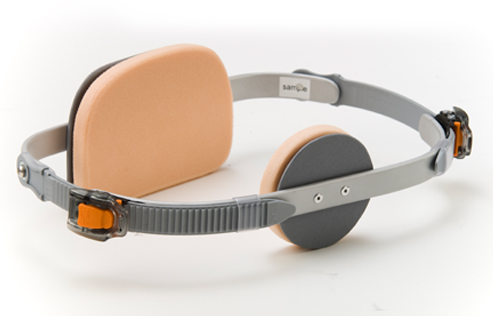
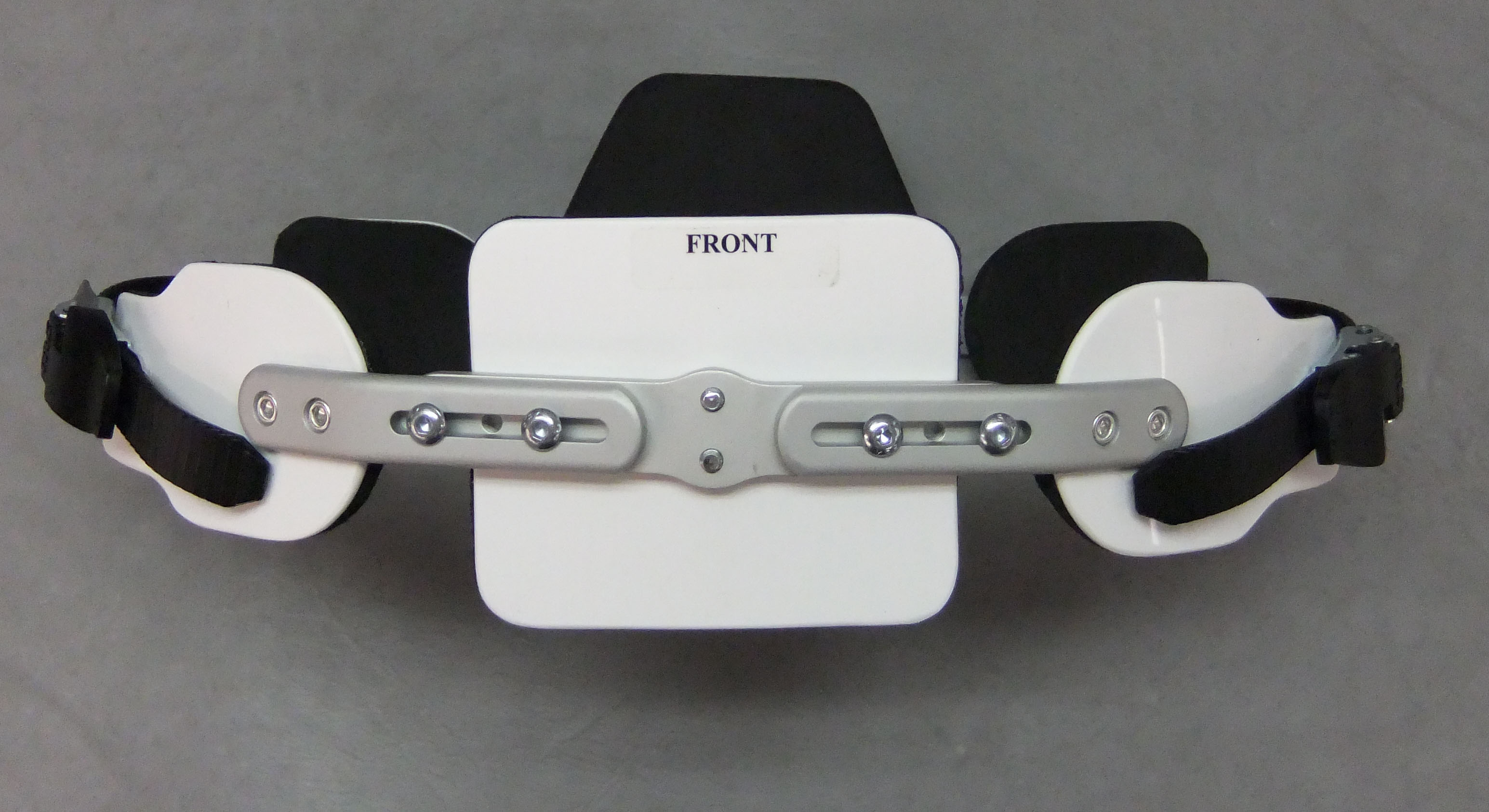
The problem with using this brace is less about it’s physical limitations, and more about its emotional negligence. Adherence to wear the brace through the entirety of the treatment (usually 17-24 months, 22 hours a day) is low. That’s because the device is not designed to live with the patient, only on top of them.
Ae-01 is all about the future of medical wear, additive manufacturing is changing how we interact with these objects and the personalization not only of fititng, but of its looks. Using 3D knitting, ae-01 is able to conceal much of the tension straps of the brace. 3D knitting also affords ae-01 to use varying tensions of threads as to reduce and control the strain and pain of the device.
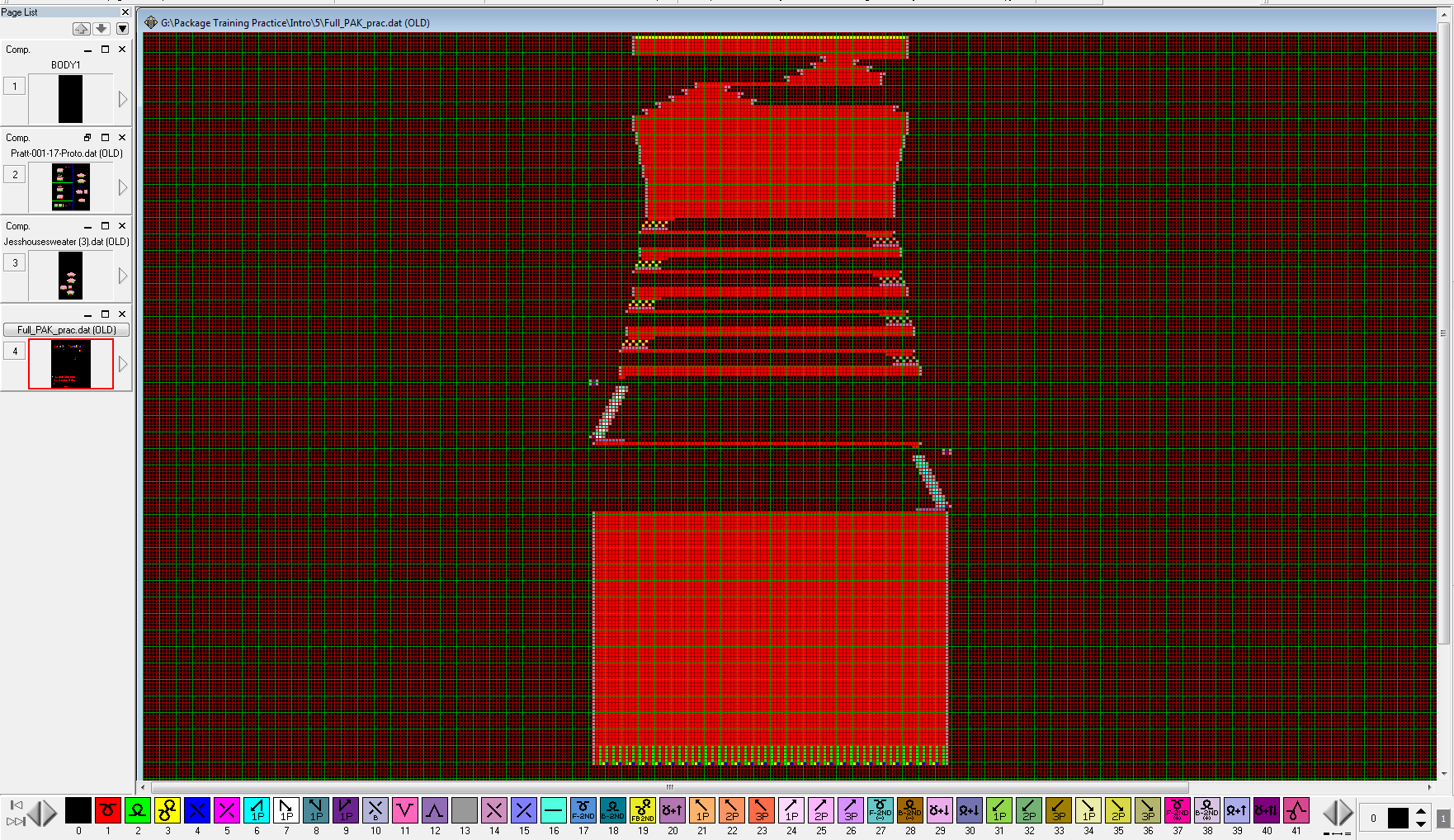
Ae-01 uses a 3d printed plate to maximize the comfort of the fit to the protrusion, and can be replaced more easily than the current system of moulding. The 3d printed plate fits over the protrusion and also onto the back, held together by a ratcheting strap.

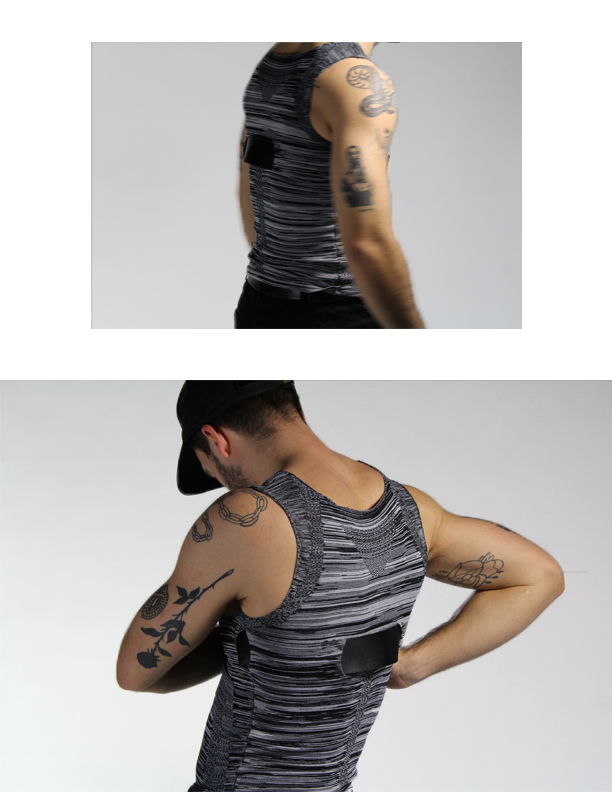
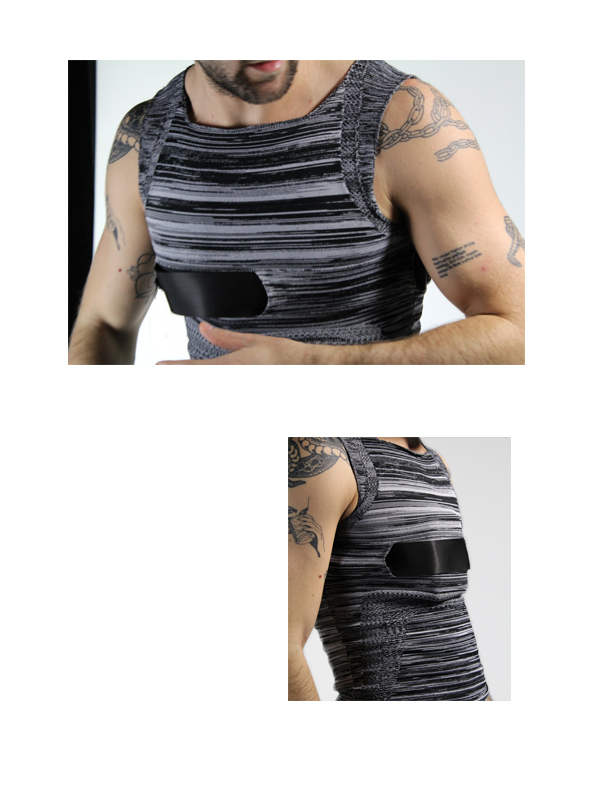
Ae-01 was done in partnership with the Brooklyn Fasion Design Accelerator and Mount Sinai medical center.